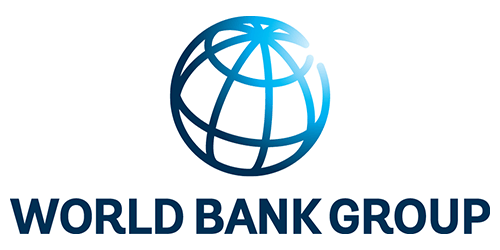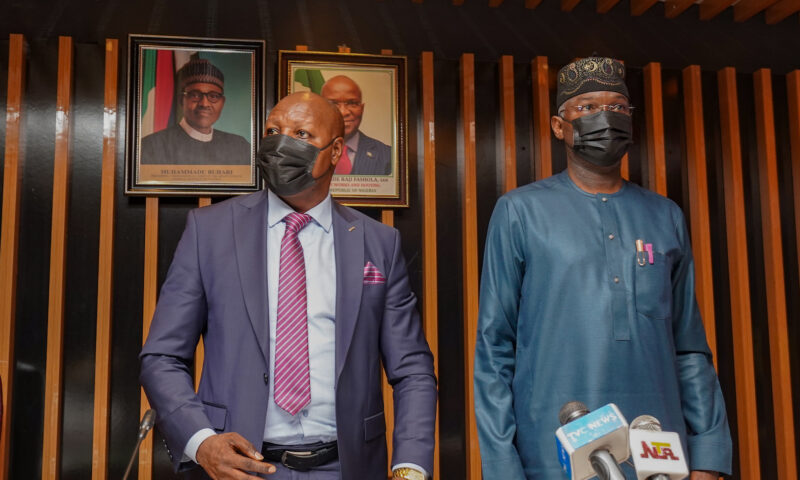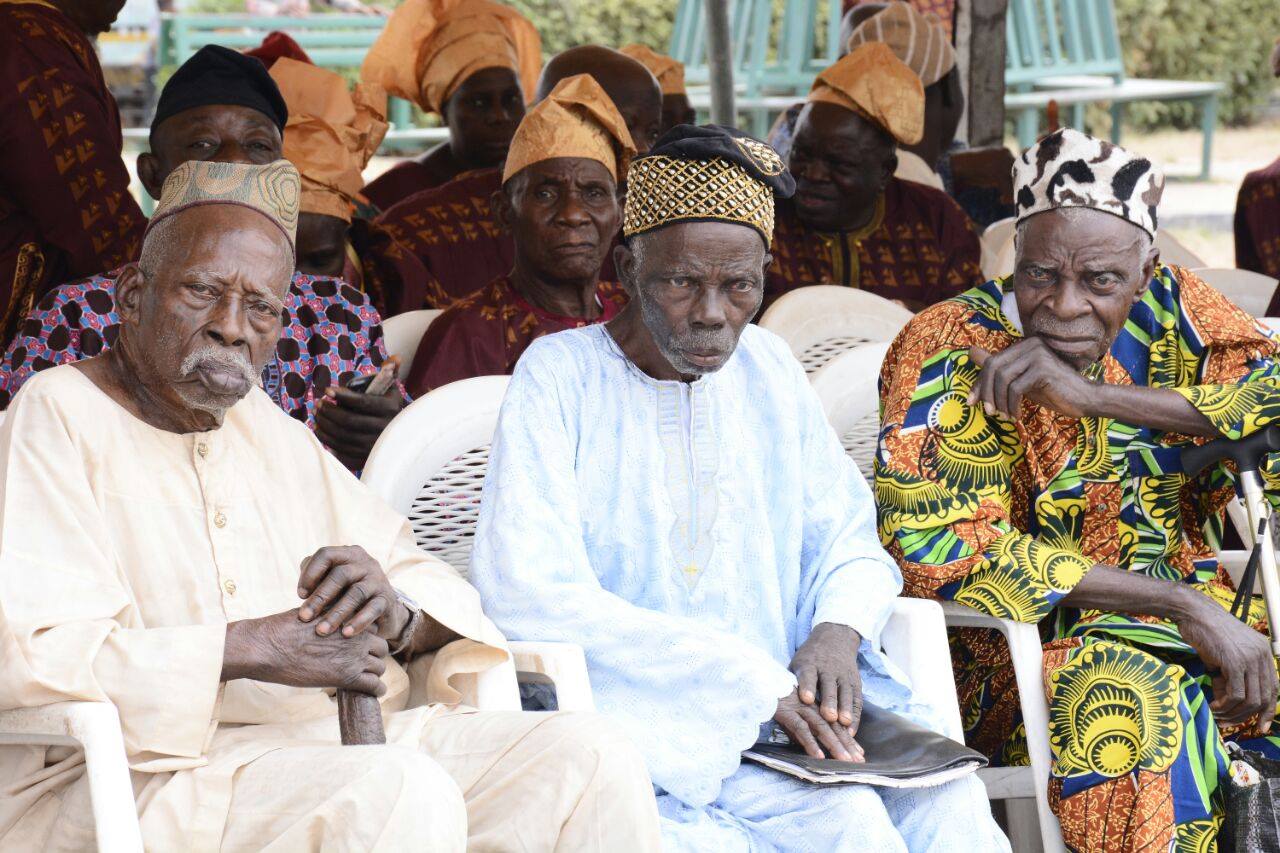Five died from industrial gas explosion in Mushin
By Favour Nnabugwu
Five people have allegefly died from the industrial gas cylinders explosion tragedy that struck yesterday at Papa Ajao in Mushin Local Council of Lagos State,
The deceased are three male adults, a woman and a male teenager. Eye witnesses said the incident occurred when the cylinders stocked at No 33/35, Ojekunle Street in Papa Ajao area of Mushin were being refilled from a cylinder when it ignited fire from a woman frying buns close to the cylinders.
The National Emergency Management Agency (NEMA), Lagos State Fire Service, Police Disaster Management Unit and Lagos State Emergency Management Agency (LASEMA), immediately responded to the distress call and were able to contain the fire within an hour
According to a source, four of the victims died on the spot, while the teenager was pulled out of the scene but died on the way to the hospital.
The explosion also affected three houses opposite the scene, which LASEMA) officials said would undergo integrity test to determine their fitness for habitation.
Speaking on the incident, the Managing Director of LASEMA, Oluwafemi Oke-Osanyintolu said: “At 7:50 a.m, we received a distressed call and we activated all our emergency responses. With a combined effort, we were able to put out the fire within an hour.
“After the rigorous effort to put off the fire, we were able to pull out ten persons and five of them had already died, while five others survived, the survivors were treated on the spot and were released immediately
“We are going to constitute a panel to look into this holistically so that such incident will not occur again. I appeal to Lagosians to abide by the rules and regulations . “ However, we sympathise with families of those who lost their lives and I can assure you that we will secure life and property in the area.”
Also, South West Coordinator of NEMA, Ibrahim Farinloye said the authority’s investigation showed that the shop was earlier sealed because the side of the street was dedicated as a mechanic village, which was not accessible to other users.
Farinloye said after some time, the seal and lock were removed before the incident occurred. Narrating the incident, the Public Relations Officer, ASPADA Union, Ojekunle, John Ikemefuna, said: “I was in my shop when the incident happened. It happened during refilling of gas from one cylinder to another. The owner of the gas plant is my friend. The woman is a very known person because we normally buy buns from her every morning.”
Also, the chairman of Mushin Local Council , Emmanuel Bamigboye , who arrived the scene by 12:26 p.m, promised to set up a committee to investigate the incident.
He said: “This is an unexpected occurrence and it is very unfortunate. A lot of things have been destroyed here, but we are going to investigate. We are going to set up a committee to investigate the incident










